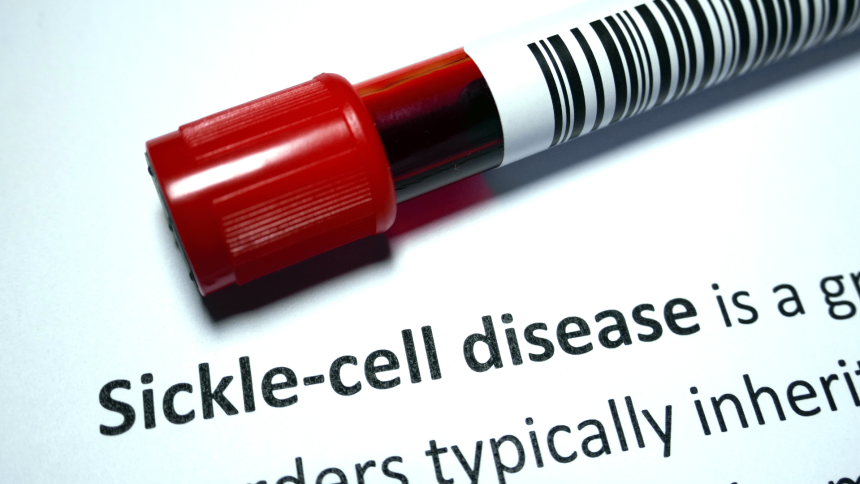A Mississippi native could be part of the driving force behind a sickle cell disease treatment being considered by the U.S. Food and Drug Administration.
Over four years ago, Forest resident Victoria Gray was the first test subject to undergo an experimental treatment aimed at permanently modifying the DNA in red blood cells that are affected by sickle cell disease (SCD). The new gene therapy — which is set to be reviewed by the FDA on Tuesday — would be the second solution ever approved for those afflicted by the disease.
According to a recent evidence report from the nonprofit Institute for Clinical and Economic Review (ICER), one study showed that the majority of 46 patients who received the new treatment showed an improvement over 18 months.
The test resulted in 30 of 31 patients who were involved in the lovotibeglogene autotemcel (“lovo-cel,” bluebird bio) trial reporting that they were free from having symptoms like acute chest syndrome, stroke, and splenic sequestration.
A total of 35 other participants underwent the exagamglogene autotemcel (“exa-cel,” Vertex Pharmaceuticals and CRISPR Therapeutics) trial, which resulted in only 17 patients needing 12 months of follow-ups for the primary study outcome available for review. During that time, 16 participants reported not having any severe symptoms.
Approximately 100,000 individuals throughout the U.S. are currently diagnosed with SCD, with the majority originating in those of African, Middle Eastern, and Indian descent. Globally, an estimated 300,000 to 400,000 babies are born with SCD each year.
SCD is caused by a genetic mutation in the hemoglobin of red blood cells that makes the oxygen carriers become crescent-shaped. The cells can then create a block in blood flow and damage organs, as well as cause intense pain in individuals.
At this time, the only permanent cure for SCD is through a bone marrow transplant, or hematopoietic stem cell transplantation (HSCT), which requires a donor match.
“HSCT has a risk of graft failure/rejection, graft-versus-host disease (GVHD), acute complications during the transplant process, and carries at least four percent risk of mortality even with a perfectly matched sibling donor that carries less risk of GVHD and graft failure,” ICER’s report stated. “There is a lack of compatible donors (especially donors that are related to the patient) and thus most people with SCD are not able to pursue HSCT as a therapeutic option even if there is interest.”
The FDA is scheduled to make a final decision on the new treatment in early December after consulting with an outside panel of experts about whether the gene therapy has the possibility of making unwanted changes to a patient’s genome.
If approved, additional studies and research will be done to ensure that potential risks from the treatment are identified.








